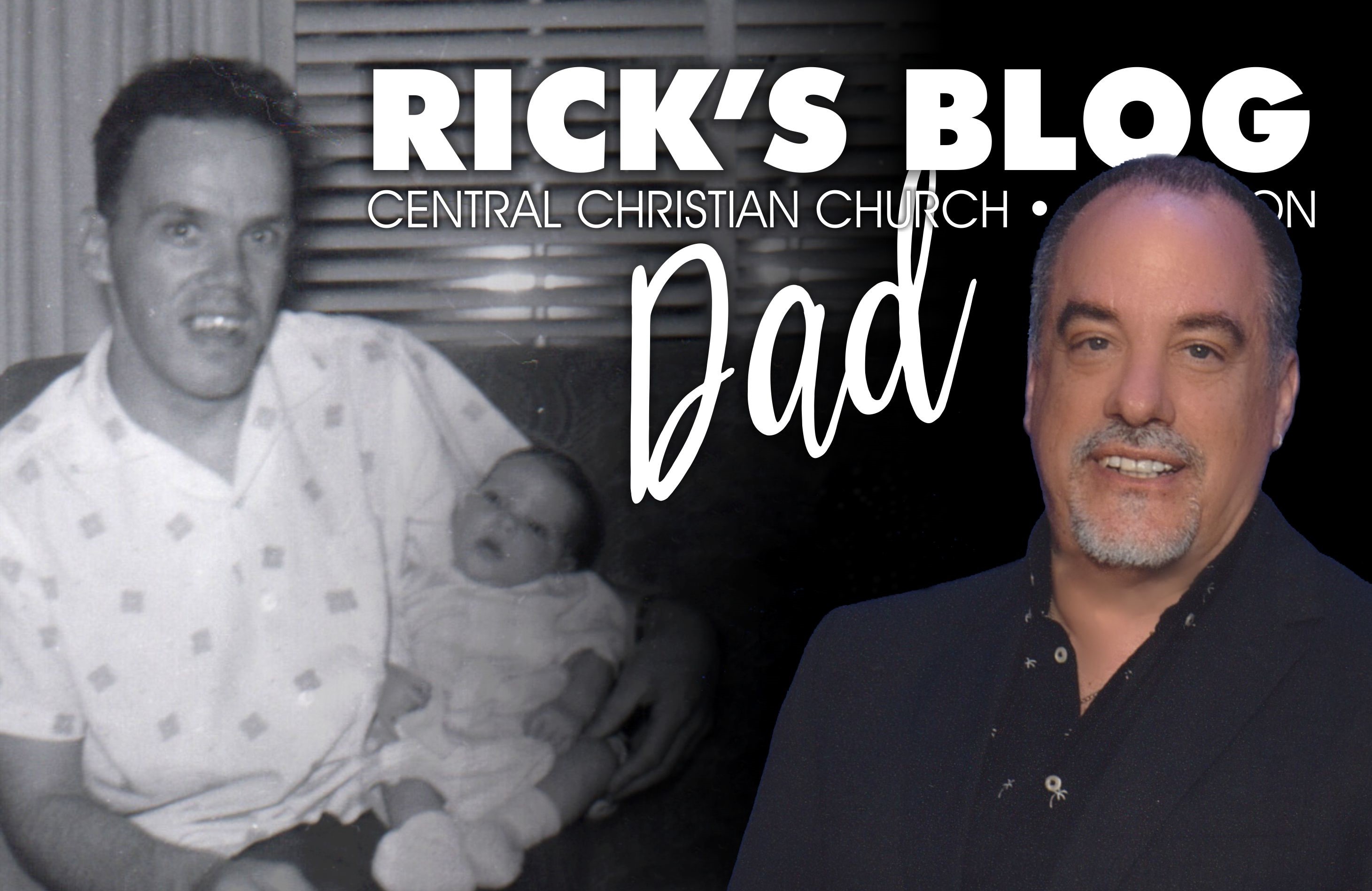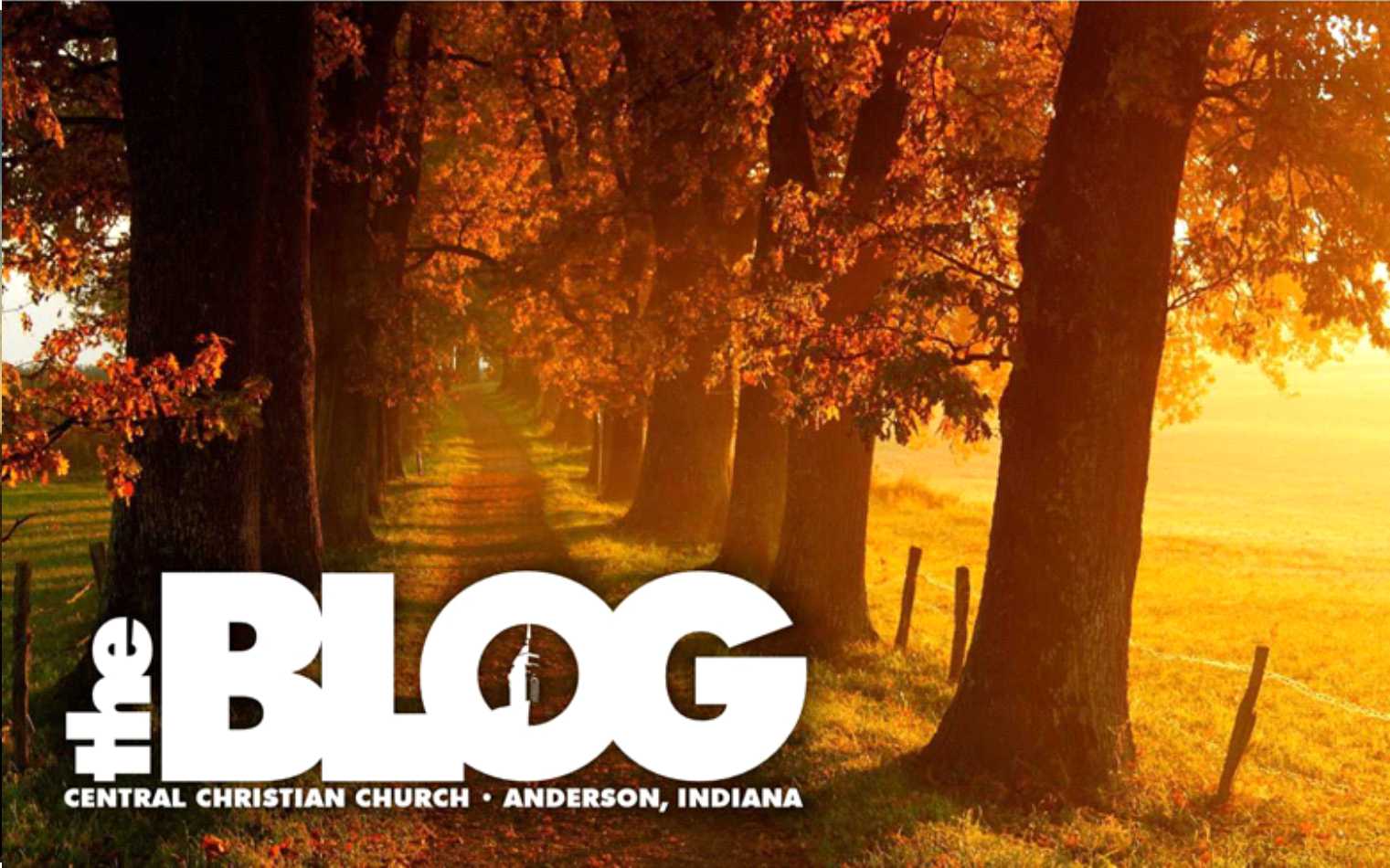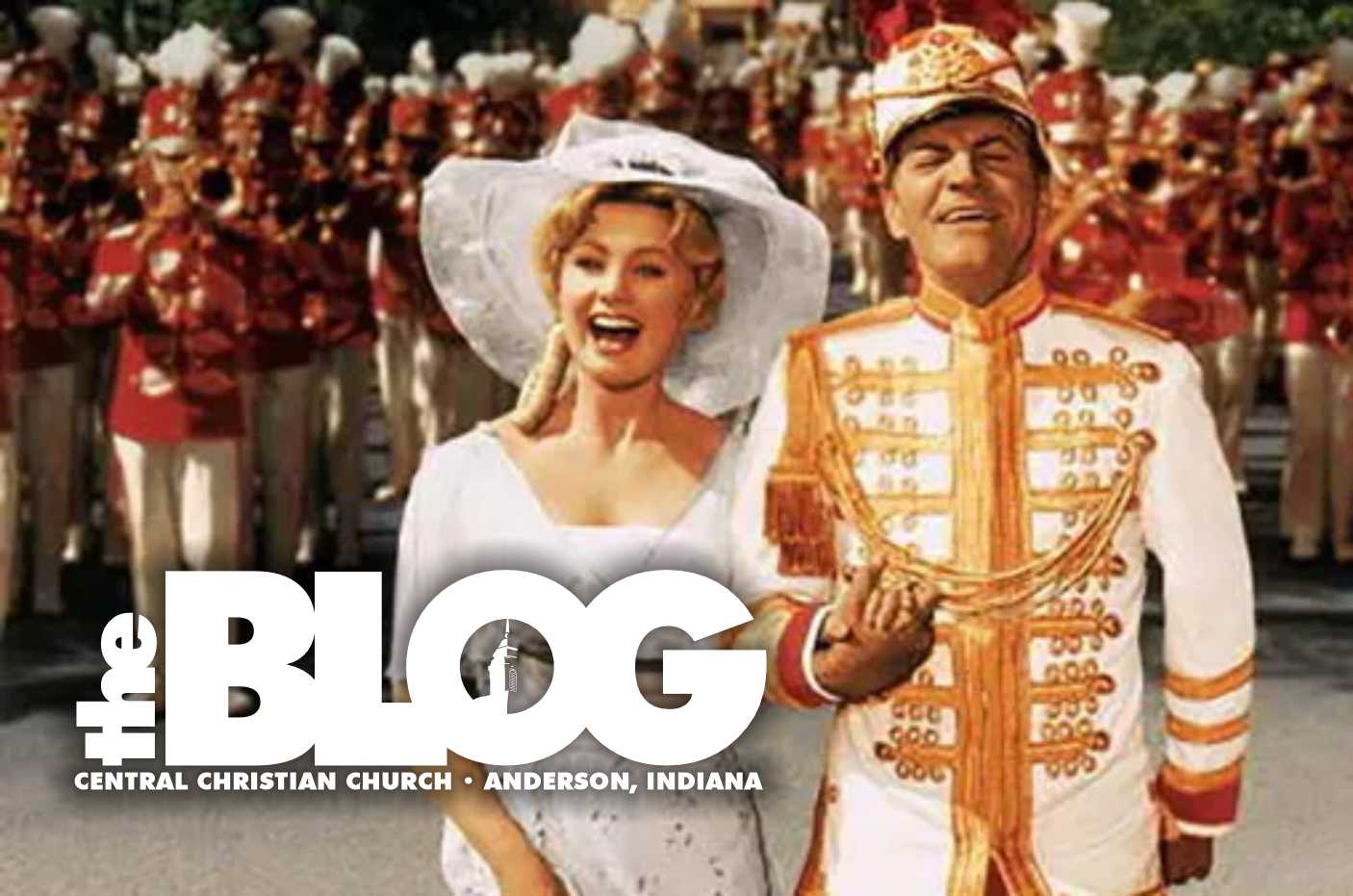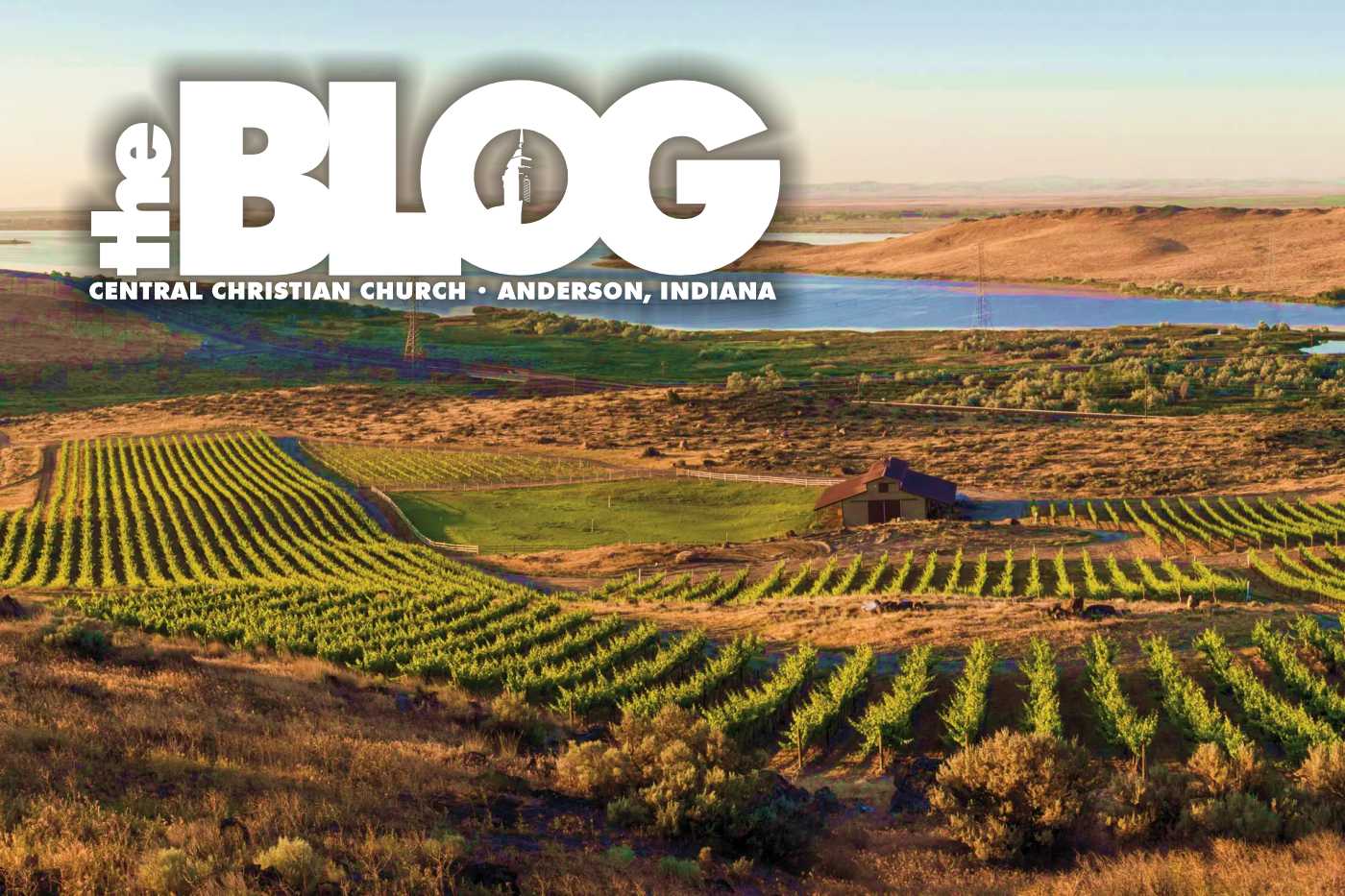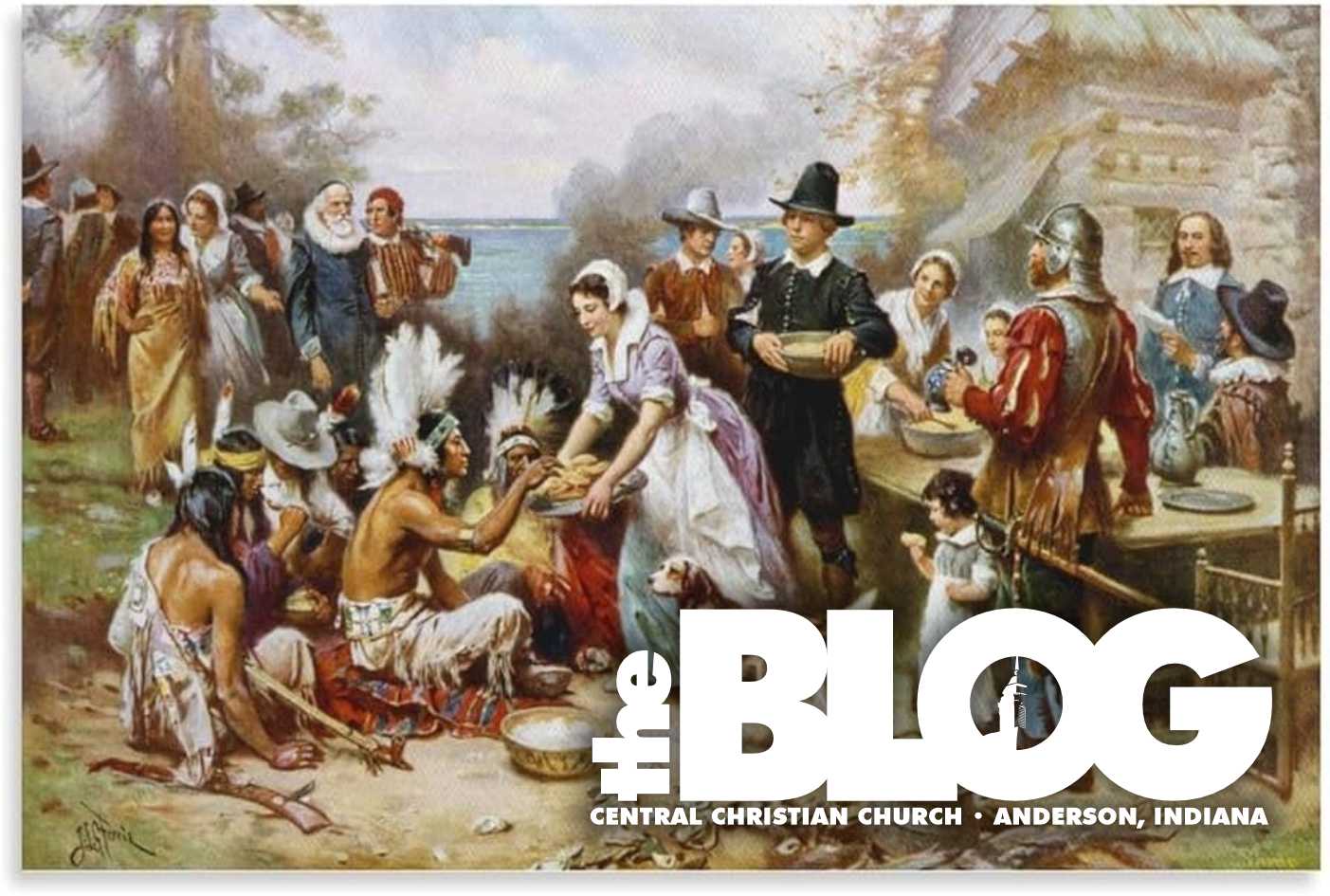
LOOK, PILGRIMS!
Written By:Rick Vale
No matter how THANKSGIVING DAY is celebrated at my home (away, home, crowded, or quiet) I really love it. As was proved THIS year, it doesn’t matter if there are twenty people or two, I will always eat too much.
THANKSGIVING DAY, because of what it is, because it’s a time when I saw my extended family and grandparents (who didn’t live in town), and because it ushers in ADVENT, THANKSGIVING has always been a favorite holiday…since I was a small boy. Part of that was also because Mom was a really good cook.
There are many memories of Thanksgiving Days past that move to the front of my mind each year about this time…but one of the earliest, and funniest is this:
I was probably about five-years-old when, on Thanksgiving Day, I was walking down the street as we were taking care of some last-minute shopping for the meal (probably). Coming right at us were two women, dressed in long black dresses and wearing white and black caps. I couldn’t contain my excitement at seeing, in the flesh, these two figures approach and so I jumped up and down, pointed and yelled at the top of my lungs,
“Look! Pilgrims!”
They were, of course…nuns.
In my defense:
1. I had never SEEN a nun,
2. I was five-years-old,
3. it was THANKSGIVING…it seemed obvious to me that they were pilgrims.
My Mom said that the good-humored sisters laughed, came to me, stooped down, and chatted. I was awestruck, and still thought they were Pilgrims. They wished us all a happy THANKSGIVING and went on their way…as my parents attempted to explain to me who they were, and why they weren’t pilgrims…I didn’t get it.
Now, of course, I understand who they were and what happened…but as a child I only understood what I saw and experienced according to my limited knowledge, wisdom and experience. Was my conclusion the “truth”? Well, it wasn’t like I was deceived, all that I saw TOLD me that they were pilgrims. It was only through a little more teaching, and a few more years (which broadened my experience and gave me a bit more wisdom) that I understood TRULY what that experience was…and who those two kind women TRULY represented.
God probably smiles when we come to conclusions about who He is…according to our limited knowledge, wisdom, and experience. There are, more-than-likely, also times when He doesn’t smile; times when He sees His children declare that, despite their limited knowledge, wisdom & experience, they have concluded once-and-for-all who HE is.
I for one am thankful, this THANKSGIVING/ADVENT, for a church that doesn’t claim to OWN God, but does claim to BELIEVE & FOLLOW Him. As we all walk together behind our Shepherd, our King, our Jesus, we continue to have our eyes opened, our mind expanded, our faith strengthened by the continuing knowledge, wisdom and experience that He alone can give. It is a lifetime learning experience that will continue into the next age. Although we should all share with one another the “angles” from which WE have each experienced our great Father, we should never assume that someone else’s different “angle” is WRONG.
We all “see through a glass darkly” (as Paul the Apostle reminds us)…so keep walking, keep learning, keep growing. Let’s move into the ADVENT SEASON with a continued life of gratitude: thankful for the God of the “indescribable gift” who unfolds knowledge and wisdom to us all, in His time…not ours.



